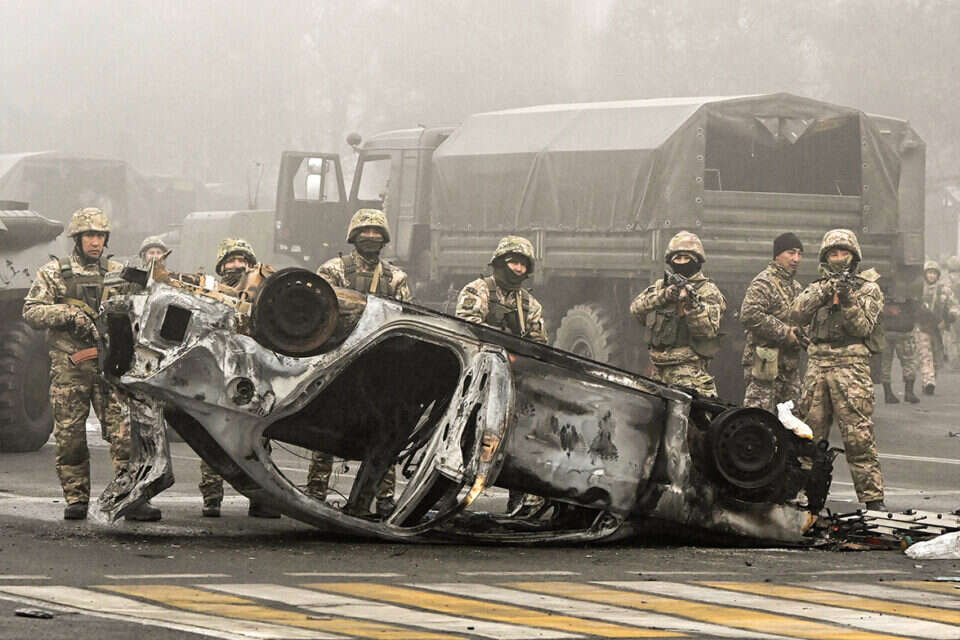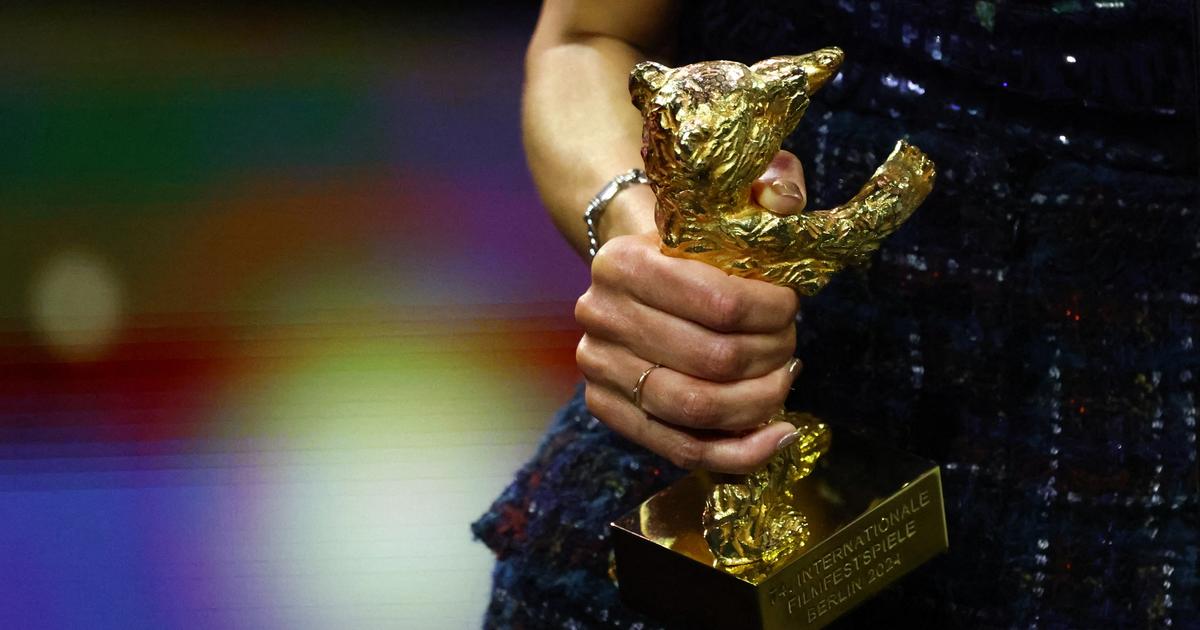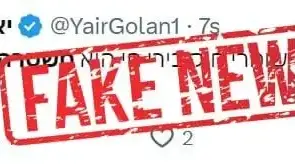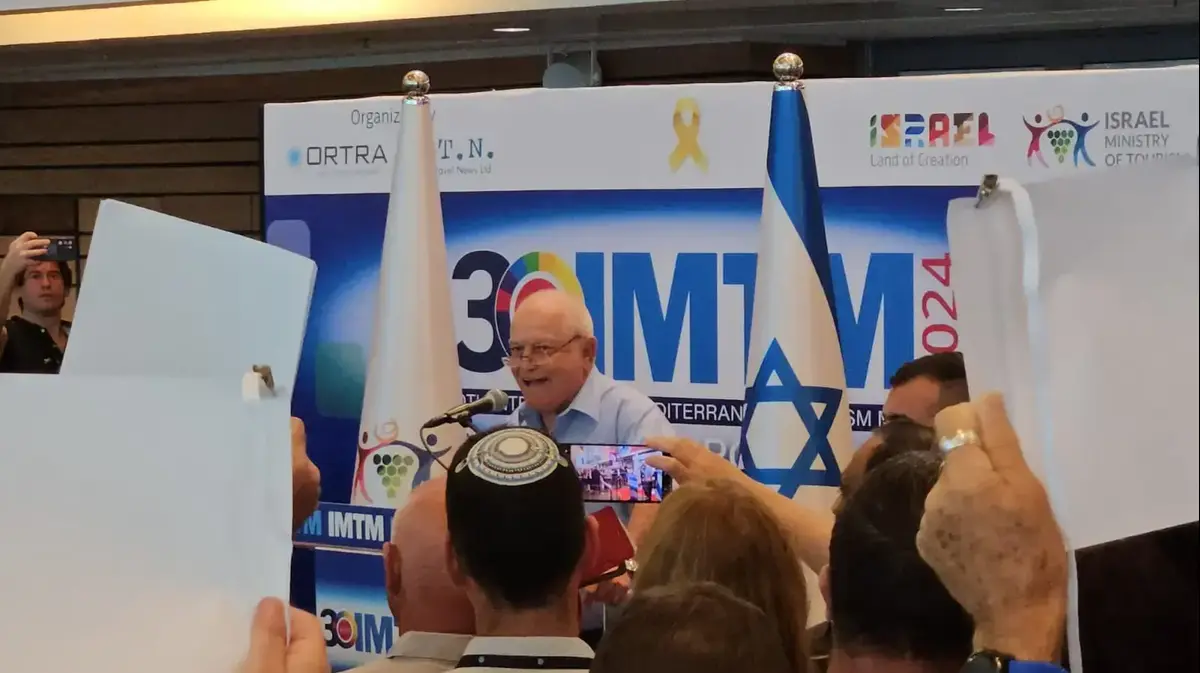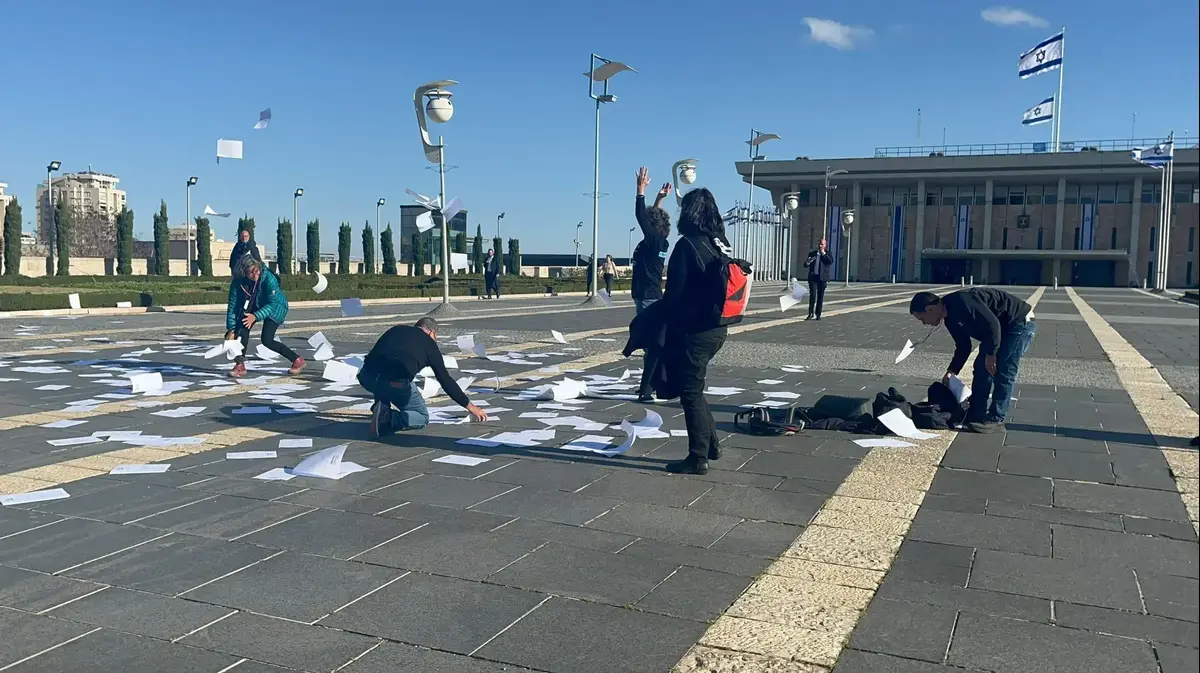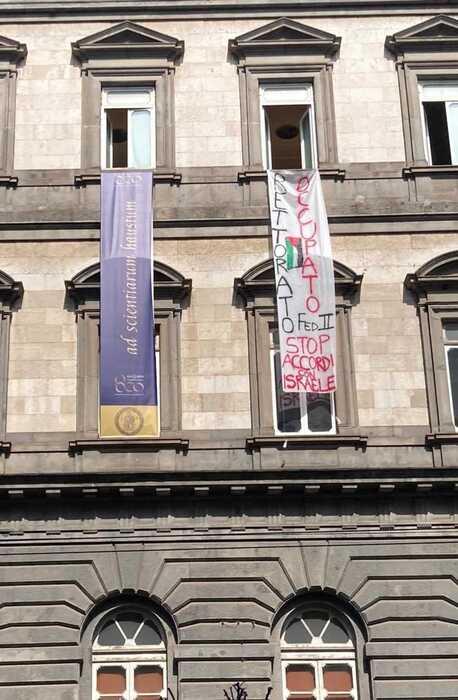More than a week has passed since the outbreak of the violent protest that swept Kazakhstan, and the shroud of questions surrounding the causes of the riots remains as thick as the fog that rested on the city of Almaty on the day the clashes broke out.
Even the death toll remains unclear after the government withdrew from the figure it released, according to which 160 human beings, including 38 policemen and soldiers, were found dead in the violent clashes.
The official number of detainees ranges from 5,000 to 8,000, and while Internet services are gradually returning to operate in the country, most of the information that comes in is from the government, fragmented and sometimes contradictory.
It started with non-violent demonstrations in the western Mengistau province, a desert area rich in minerals and oil but few inhabitants. The young people protested against the price increases of gas, which is used by the Kazakh working class for cooking and heating, which were almost doubled by the government. The demand was to return the price of gas to the price it stood for in 2019. The city of Genoa, which in recent years has seen a series of protests and strikes by oil industry workers, erupted in loud but non-violent rage demonstrations. While local leaders and factory managers in the area tried to reassure the workers, the protest spread east to other cities.
New audiences of young people joined the disgruntled workers, and protest targets also began to take on a more ambitious form.
Some protest activists have said they are interested in "political reforms, free elections and an end to corruption and nepotism".
Another demand was the resignation of the public life of Nursultan Nazarbayev, the former president of Kazakhstan, who held the position of chairman of the National Security Committee, a powerful body, and whose associates had weakened other senior positions.
On the night of January 5, protests also spread to the city of Almaty, the commercial heart of the country.
That's where the decline began.
In less than a day, protesters, some of them armed, stormed government buildings, including the president's residence in the city, the international airport, the security service headquarters and the city offices.
Streets became the scene of an exchange of fire between police and the army and protesters, and dozens of shops and malls were looted and set on fire.
The next day, President Kasim-Jumart Tokayev, a protégé of Nazareviev, announced that security forces would show "uncompromising toughness" in dealing with protest and violence.
From there the road to the violent repression of the uprising and the entry of foreign forces into the territories of the country was paved.
Dramatic class gaps
Already about two months ago, hundreds of kilometers from Almaty, in Astana, the glittering show capital of Kazakhstan, I first heard the frustration of the young people from the situation in the country.
"There is no really free communication here, the economy is frozen in outdated regulation, and there is tremendous corruption here," a tailor-made and polite young man, working in the media and public sector, told me in a dim and prestigious bar, "if you want to see what's really happening here.
Astana, or Norsultan after the previous president, was built with the independence of Kazakhstan and a large part of its population belongs to the seventh ruling elite.
But in the suburbs of the city the gaps are immediately apparent.
Neglected public housing, battered cars and outdated buses have replaced the jeeps and malls of the vibrant beer center.
Poverty is severe, the gaps are eye-popping.
And no wonder, the World Bank listed Kazakhstan along with the most corrupt countries in the world like Libya, Angola, Bolivia and Kenya.
According to the Swiss bank "Swiss Bank", the 156 richest people in Kazakhstan hold 55 percent of the country's total capital.
This is an inconceivable gap in the distribution of wealth in a country rich in minerals and sparsely populated.
It seems that the frustration of the young people is not hidden from the eyes of the generation educated on the knees of the USSR. ", Said a senior diplomat in the country in an interview.
Uncertainty.
Kushkanova, Photo: Courtesy of the person photographed
"Terrorists and bandits"
The demonstrations in Almaty, as mentioned, turned from a call for reforms to an armed attack on the institutions of government, leaving a sense that to some extent there was a deliberate hand behind the short and focused burst of violence.
While the official version of the authorities states that this is an attempted coup by Islamic terrorists, it is difficult to ignore the possibility that this is an internal rift within the regime itself.
The speed with which the former president's men were ousted from power, with some accused of treason and others dying in mysterious accidents, reinforces the sense that an intergenerational power struggle within the government was at least part of the reason for the outbreak.
Either way, for the people of Kazakhstan, especially the young ones among them, these are the most traumatic events they can remember.
"There is fear and uncertainty," says Kazakh journalist Eisen Kushkanova. "My sister, other family members and friends live in Almaty, and it was almost impossible to reach them after the media was cut off. Gunmen storm the streets, looting malls and setting fire to buildings.
"The headquarters of Kazakhstan's Almati television station were attacked and set on fire. One of the workers there was killed. My colleagues were frightened. The media tried to continue disseminating information, but without official reports from the country everyone was forced to try to compile the data themselves.
The narrative provided by the government points to protest activists as "bandits" and "terrorists," but is careful to separate them from the nonviolent protesters.
"What the terrorists have done is to take advantage of a peaceful and legitimate protest to attack our country and try to bring about its collapse," explains Kazakhstan's ambassador to Israel, Satibaldi Borshkov.
As for former President Nazarbayev and the possibility that it is a power struggle, the Kazakhs are experiencing discomfort.
"Nazarbayev marched Kazakhstan to independence," Borshkov explains. "President Tukayev learned from him. He is the one who proposed to resign himself."
Nazarbayev himself has not been observed or heard since the crisis began.
Another complex aspect of the events is the decision of the Collective Security Organization, an alliance of former USSR-led states, to send more than 2,000 soldiers, the vast majority Russians, to Tukayev's aid. "But when we saw our friends and colleagues killed and in mortal danger, many changed their minds."
Were we wrong?
Fixed!
If you found an error in the article, we'll be happy for you to share it with us

